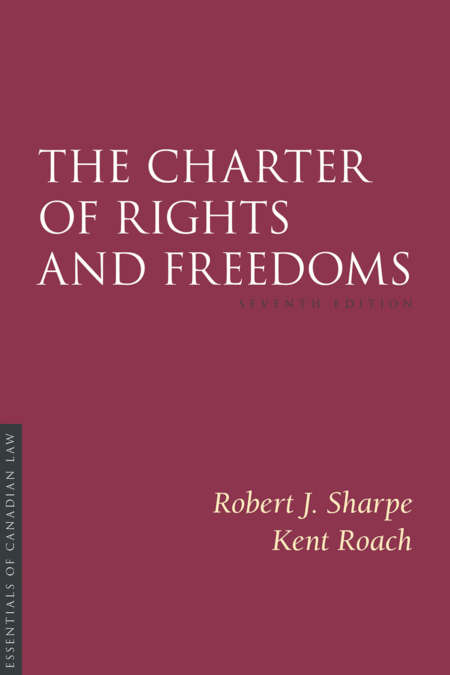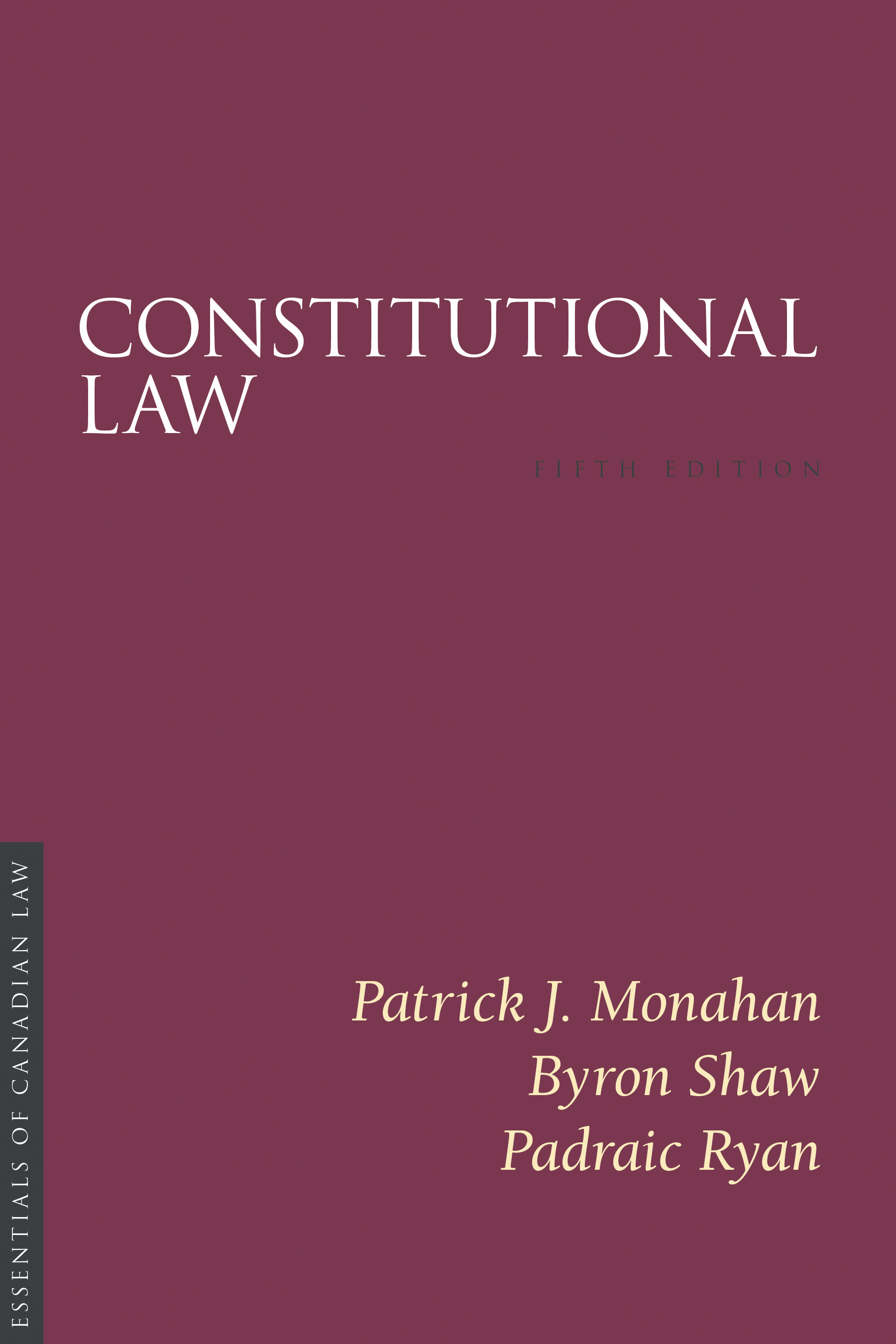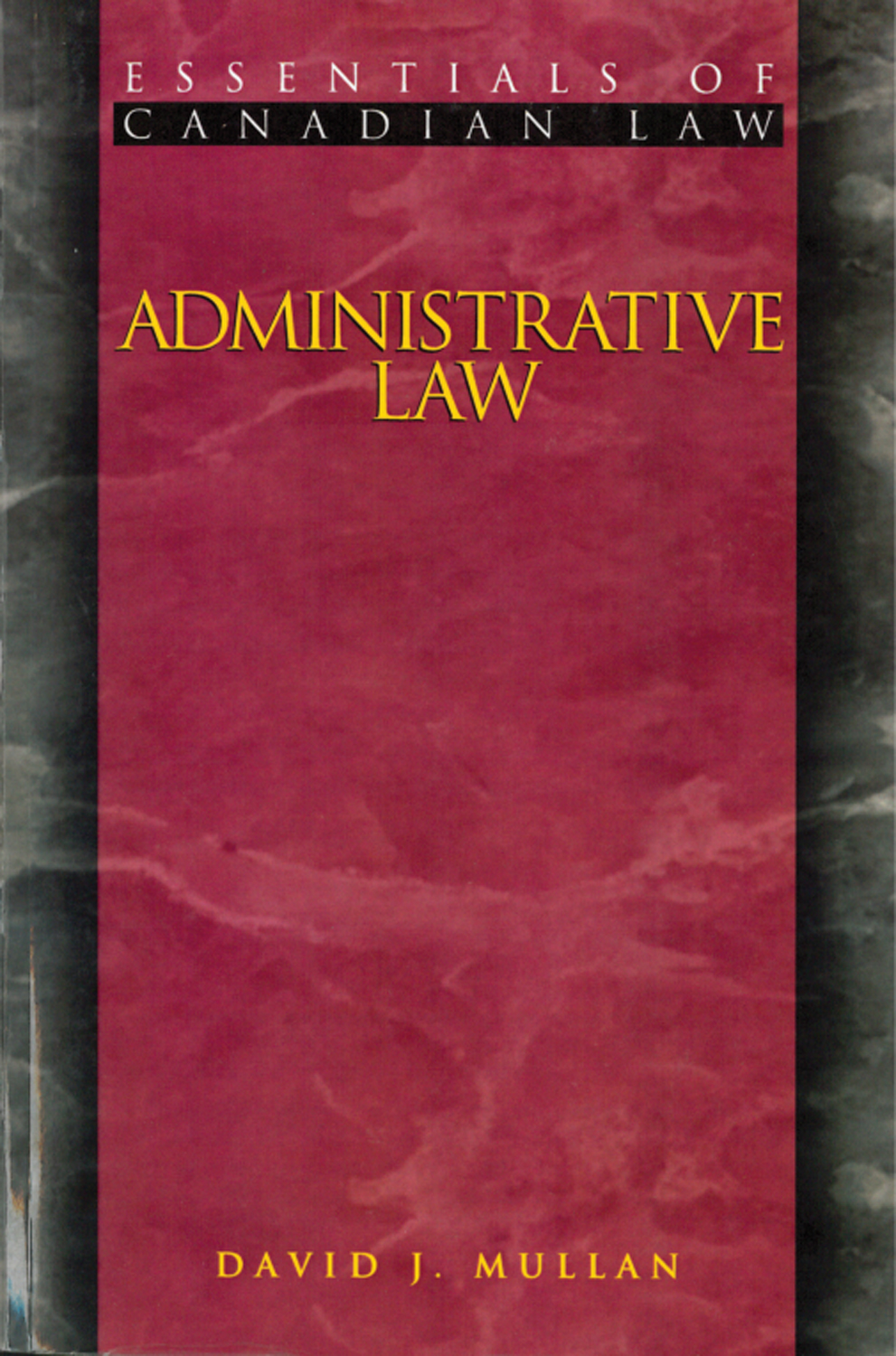Rule of law
3 definitions found for this term.
Definitions are presented in the order source books were published (most recent first).
The ideal of the supremacy of law in the social order. There are three aspects to the rule of law: no one can be punished except for breach of a duly enacted law; everyone, from the highest official to the ordinary citizen, is subject to the ordinary law of the land; and the courts have ultimate responsibility for the protection of rights and respect for the legal order.
The doctrine stating that all state power must be exercised in accordance with law as recognized by the courts, originally recognized in the Magna Carta in England in 1215. The rule of law is also sometimes said to require that laws be known to the citizen, be understandable, and control the exercise of discretion by state officials.
A legal principle, of general application, sanctioned by the recognition of authorities, and usually expressed in the form of a maxim or logical proposition. Called a “rule,” because in doubtful or unforeseen causes it is a guide or nom for their decision. The rule of law, sometimes called “the supremacy of law,” provides that decisions should be made by the application of known principles or laws without the intervention of discretion in their application. [Black’s].
The restriction of arbitrary authority in government, and the necessity for all acts of government to be authorized by reasonably precise laws as applied and interpreted by the courts.” [quoting Prof. R.M. Dawson, The Govt. of Canada.]



